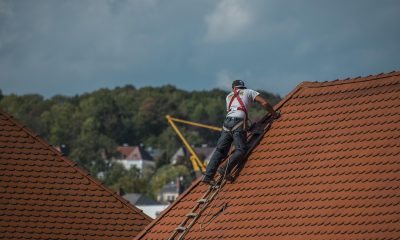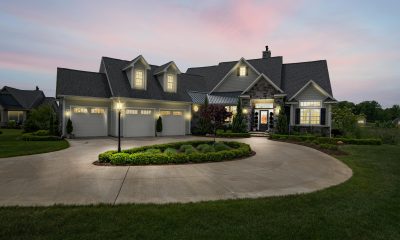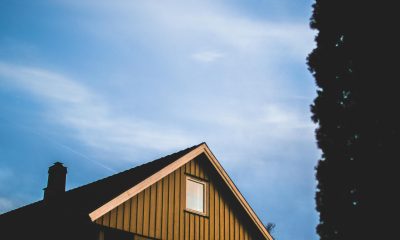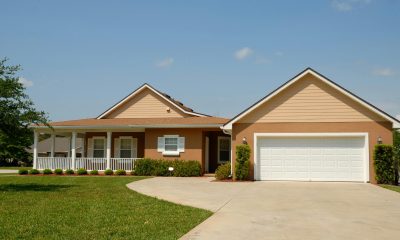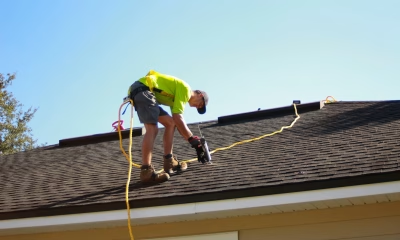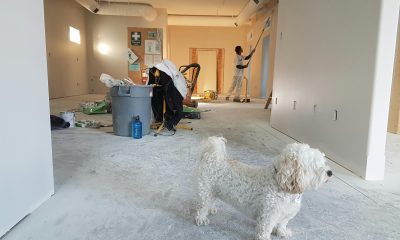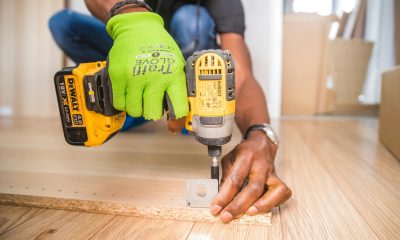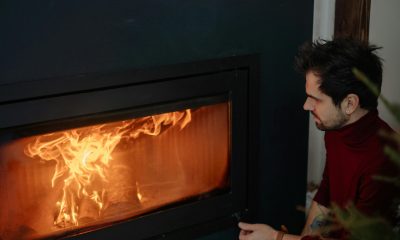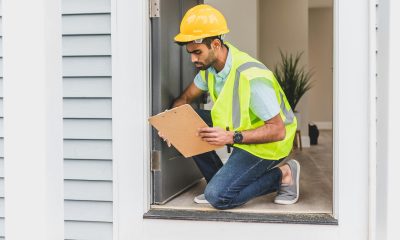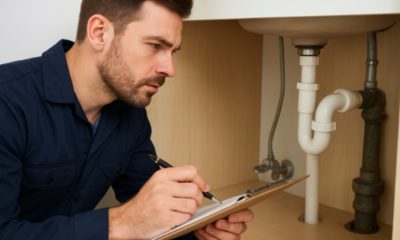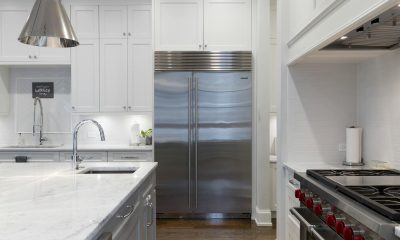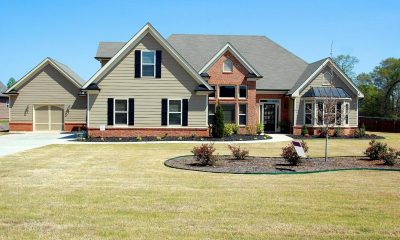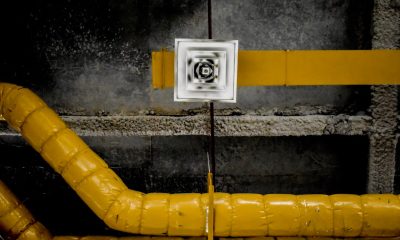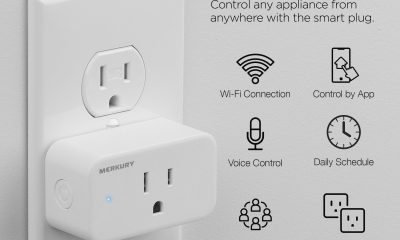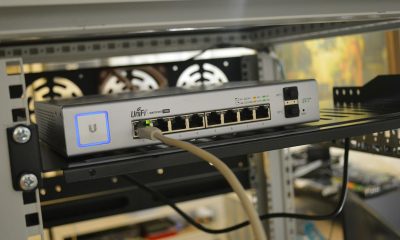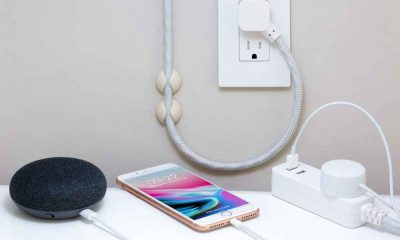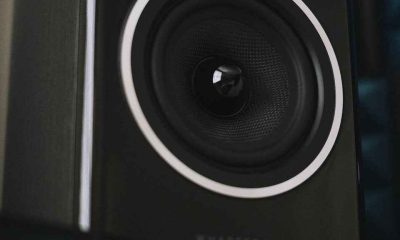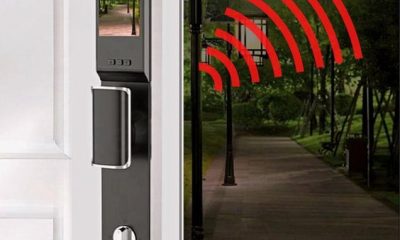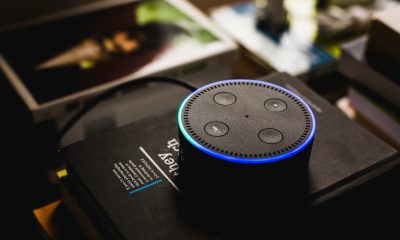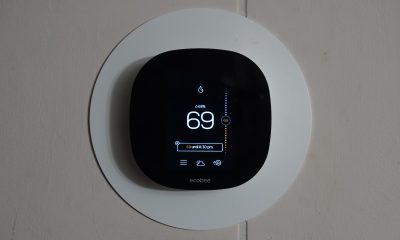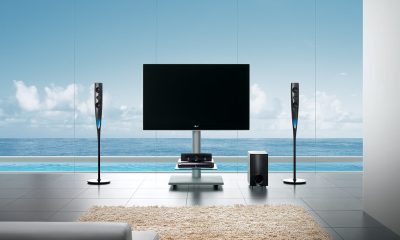Guides
When Preparedness Becomes a Homeowner’s Best Asset?
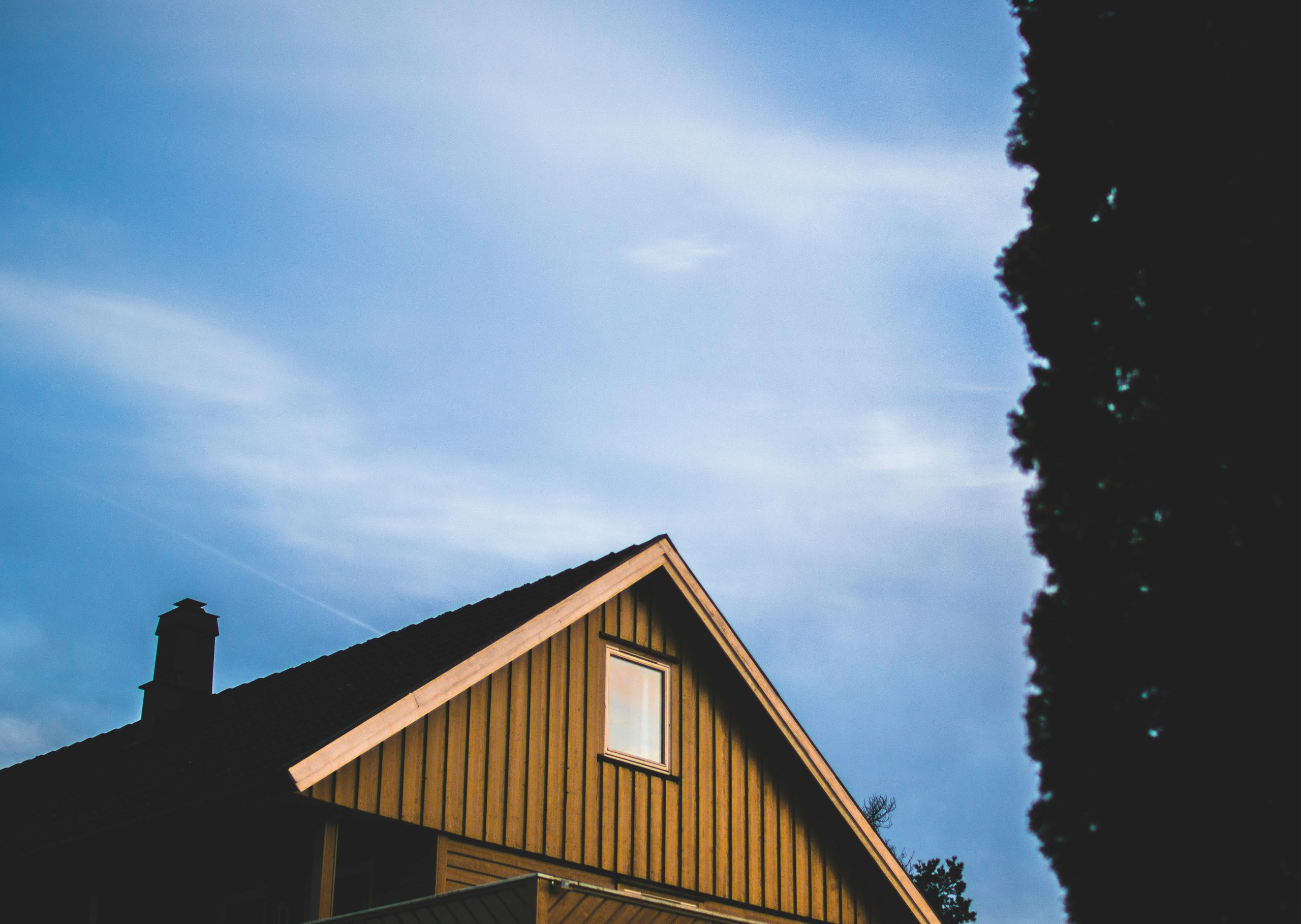
What do you do when something at home breaks at the worst possible time? Maybe it’s a leaky roof during a thunderstorm or a busted pipe when guests are on the way. Or maybe it’s your air conditioning quitting right before a heatwave rolls in. These aren’t the dramatic disasters that make headlines, but they’re the ones that mess with your peace of mind, your wallet, and sometimes your whole day. The truth is, most people only realize how unprepared they are when it’s already too late.
Homeownership often comes with a long list of responsibilities that feel easy to ignore—until they’re not. Maintenance doesn’t get the same attention as renovations. Emergency plans rarely get made until after an emergency. Yet being ready for the small (and not-so-small) surprises is one of the smartest ways to protect your home. That’s true whether you live in a city apartment or a family home in a place like Babylon, NY, where storms, humidity, and rising seasonal extremes are becoming the new normal. In this blog, we will share why preparation is one of the best things a homeowner can invest in, how to think about your home as a system, and what steps you can take to stay ready for the unexpected.
Being Proactive Is the New Peace of Mind
These days, being prepared is more than just having a toolbox and a flashlight. The weather is less predictable. Supply chains are slower. Local service providers book up faster than they used to. If your air stops working during a summer spike, waiting a week for a technician is not just inconvenient—it can be dangerous, especially for children or older adults. That’s why it pays to know who to call before something goes wrong. Having a reliable Babylon air conditioning company saved in your contacts can make a real difference when timing matters.
Preparedness is about reducing friction in a moment of stress. That means doing a little work before things go sideways. Get your AC inspected before summer. Know where the main water shut-off is. Test your smoke detectors. Replace the batteries in your carbon monoxide alarm. These may sound small, but they buy you time and control when things break down.
And it’s not just about emergencies. Even routine problems like poor insulation or outdated thermostats can lead to wasted energy, higher bills, and long-term damage. Preparedness isn’t only for when things go wrong. It’s how you keep them from getting worse.
Your Home Is a System, Not a Set of Rooms
Most people treat their homes like a collection of parts. A roof up here, a basement down there, an air conditioner humming somewhere in the middle. But your home works more like a connected system. When one part fails, the others start working harder—or stop working altogether.
Take ventilation, for example. A poorly ventilated attic can trap heat, causing your AC to run longer. That strains your cooling system and increases your energy bill. Or consider leaks. Water from one bad pipe can seep into the walls and trigger mold growth, which quietly impacts indoor air quality. These aren’t separate problems. They’re symptoms of how well your home is working as a whole.
Smart homeowners look at their spaces this way. They don’t just fix what breaks. They learn how different systems support each other. They invest in regular maintenance across the board, not just when something is urgent. That approach saves money in the long run and gives you more control over your home’s performance.
This mindset is becoming more important as homes get smarter. Today’s homes have devices and sensors that talk to each other. A smart thermostat can respond to outdoor temperature changes. Leak detectors can send alerts to your phone. This kind of technology doesn’t just make life easier—it helps you stay ahead of problems before they become disasters.
Lessons from Recent Trends
If the last few years have taught us anything, it’s that the unexpected is always possible. From sudden power outages to early heatwaves, people are learning the hard way that last-minute solutions don’t always work. Builders and designers are now talking more about “resilient homes.” That’s a fancy way of saying homes should be ready to adapt. Not just beautiful. Not just efficient. But able to handle stress when it shows up.
This trend is picking up across industries. Insurance providers are offering lower premiums for homes with preventative systems installed. Builders are including battery backups and water sensors in new homes. Even real estate agents talk about a home’s readiness the same way they talk about kitchen finishes. The message is clear. Being prepared is no longer optional. It’s part of smart living.
Start with a Simple Audit
If you’re not sure how prepared your home is, start small. Walk through each room and ask yourself what could go wrong. Do you know who to call? Do you know where the shutoffs are? Are the filters clean? Are the batteries fresh? That’s not paranoia. That’s awareness.
It helps to group your home into zones: heating and cooling, plumbing, electrical, and structure. Create a short checklist for each. Review it seasonally. Add reminders to your calendar to book inspections or change filters. This isn’t complicated. It’s just a habit.
Build a list of trusted local contacts. Know which companies offer 24/7 service. Know which ones have good response times. Read reviews. Ask neighbors. A little research now can save you a major headache later.
Why It Matters More Than Ever?
Homeownership is changing. It’s no longer just about saving up, buying a place, and repainting the kitchen. Today’s homeowners face new challenges—more heat, stronger storms, faster wear on appliances, and more reliance on in-home systems. These changes are subtle, but they’re constant. And if you’re not paying attention, they catch you off guard.
Preparedness is the answer to that uncertainty. It’s not dramatic. It’s not flashy. But it works. It turns emergencies into manageable events. It turns long waits into quick fixes. And it turns your home from something you react to, into something you can depend on.
So check your filters. Walk your perimeter. Make a plan. Being prepared doesn’t mean expecting the worst. It means giving yourself the best chance to handle whatever happens next. That’s the kind of smart living every homeowner deserves.
-
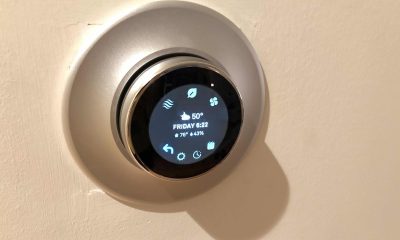
 Gadgets3 years ago
Gadgets3 years agoDoes Nest Thermostats Contain Cameras Or Microphones? Is It Safe For you?
-

 Guides1 year ago
Guides1 year ago10 Best Apps To Control All Your Smart Home Devices.
-
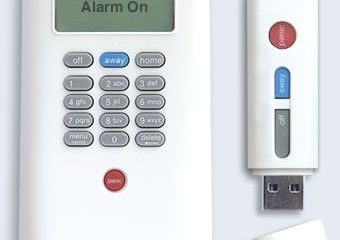
 Gadgets3 years ago
Gadgets3 years agoWhat Is The Purpose Of Red Button On The SimpliSafe Keypad?
-
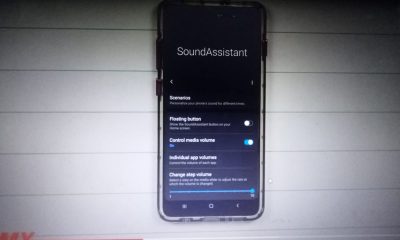
 Gadgets3 years ago
Gadgets3 years agoComplete Guide About Equalizer settings for Samsung-Soundbar
-
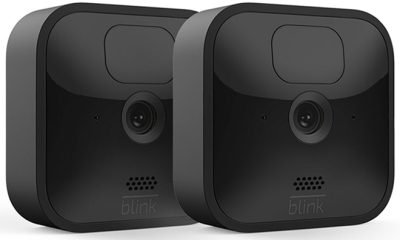
 Accessories2 years ago
Accessories2 years agoBlink Camera’s Temperature Sensor Settings, and More
-

 Accessories2 years ago
Accessories2 years agoCan Siri Control Samsung Televisions And Are Samsung TVs Homekit Compliant?
-

 Solutions3 years ago
Solutions3 years agoWhy is My Samsung TV Picture So Dark? Exploring the Possible Causes
-

 Gadgets3 years ago
Gadgets3 years agoFitbit Symbols Meaning: What Do The Fitbit Icons Mean?


